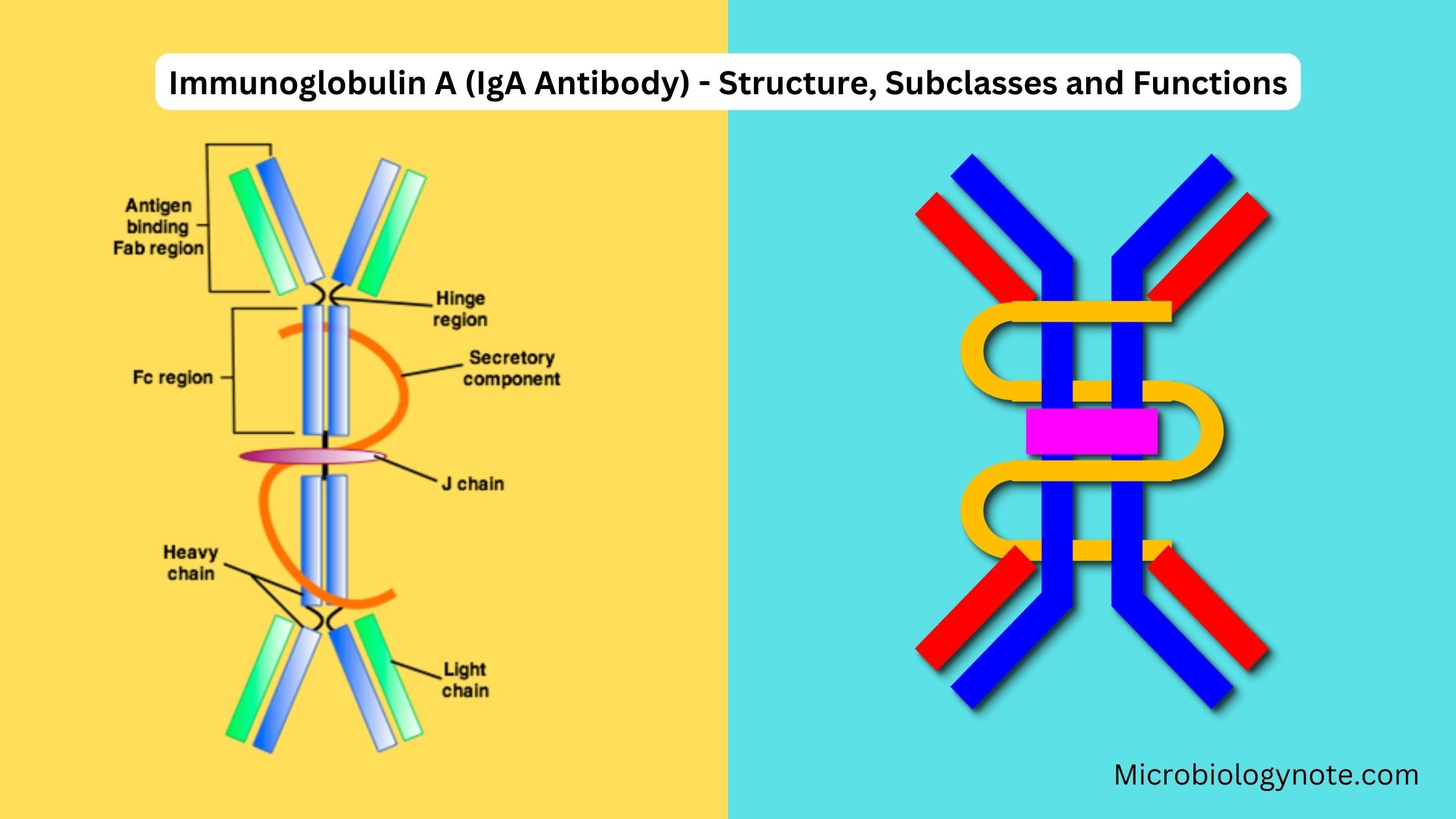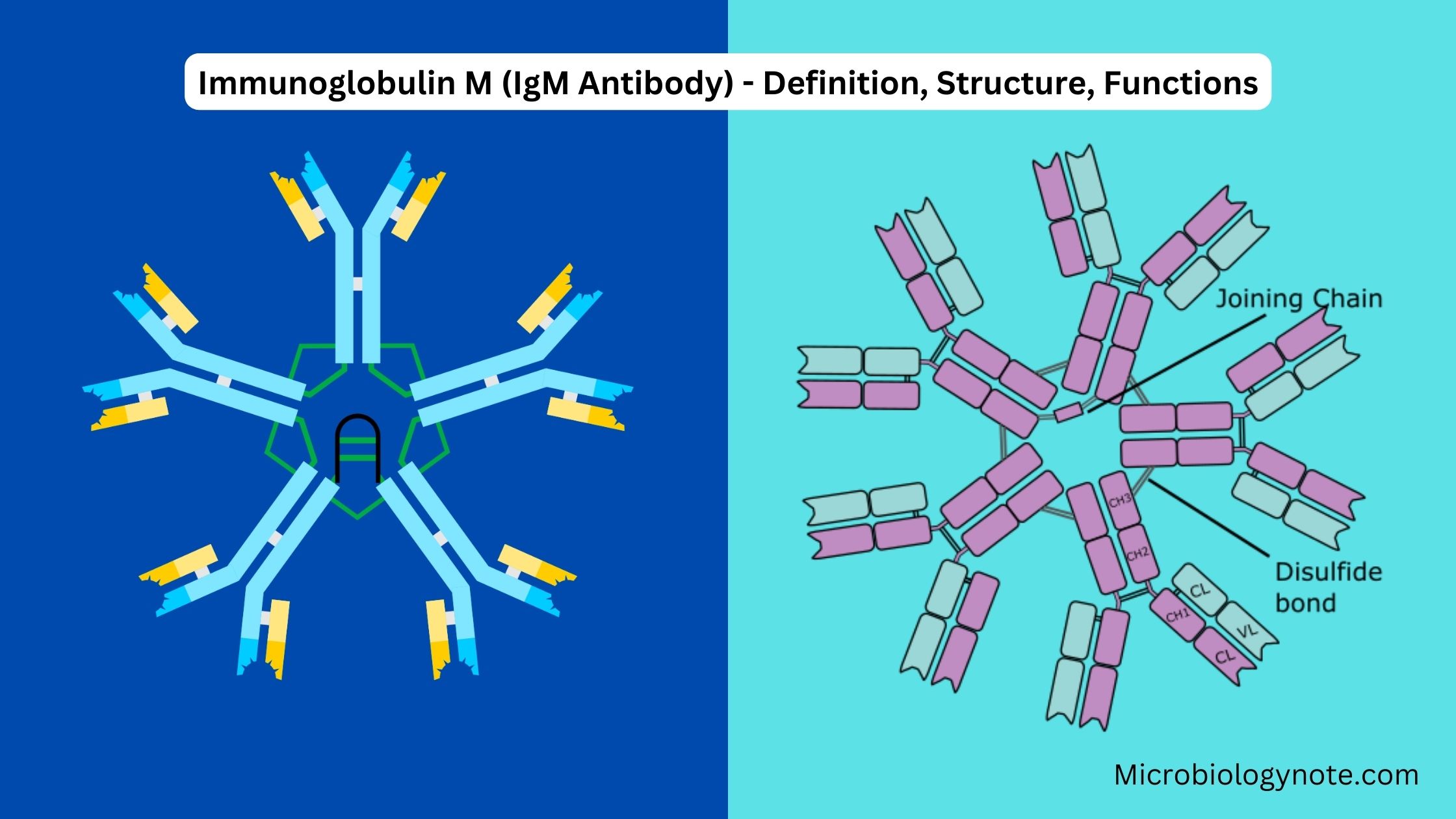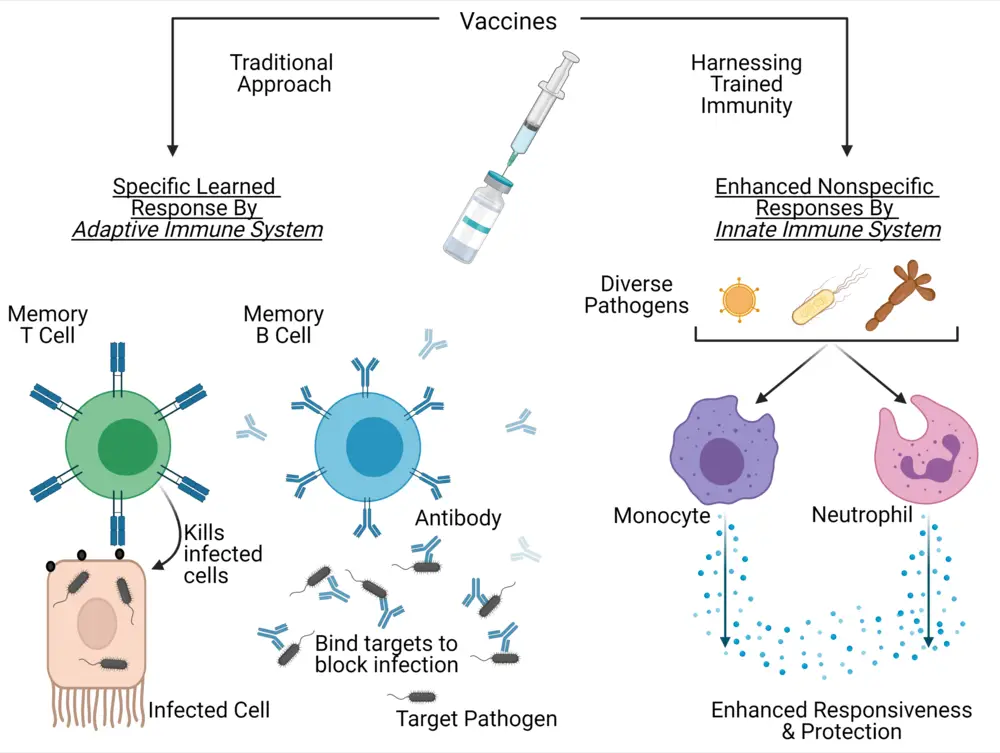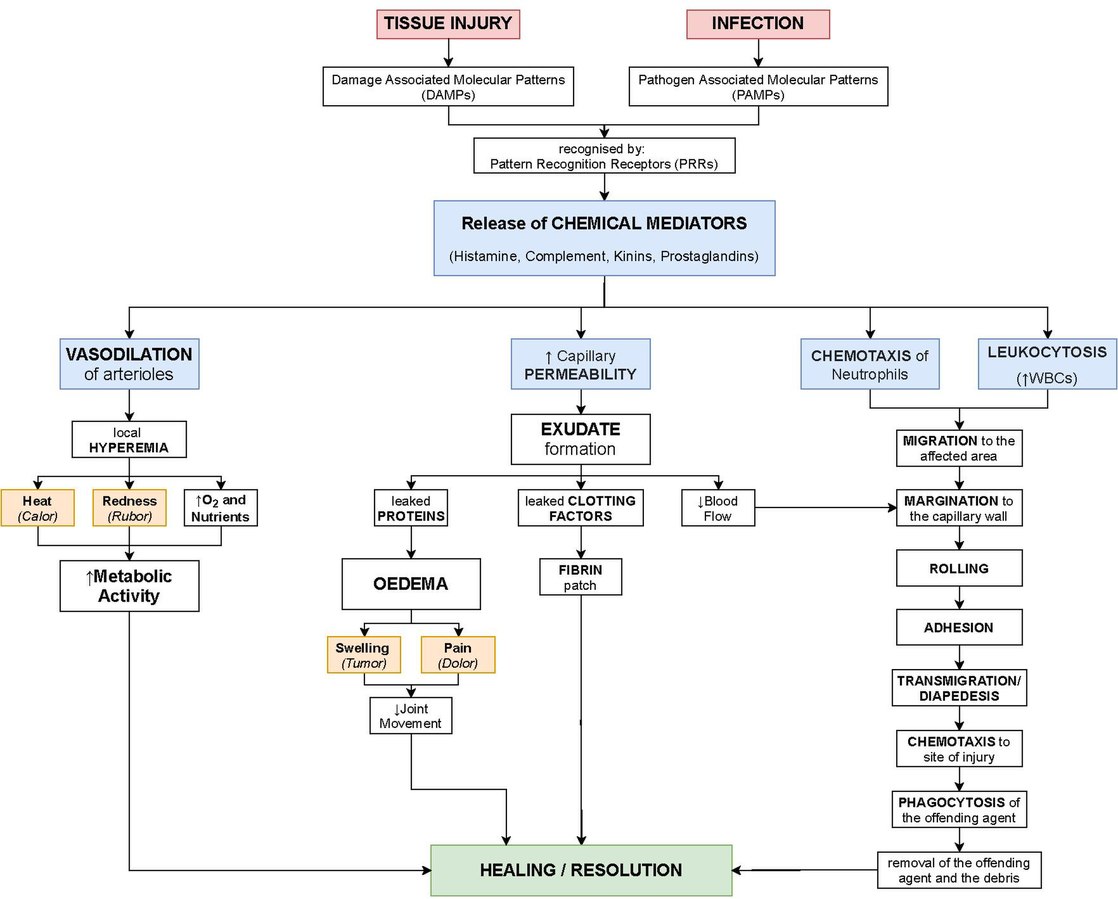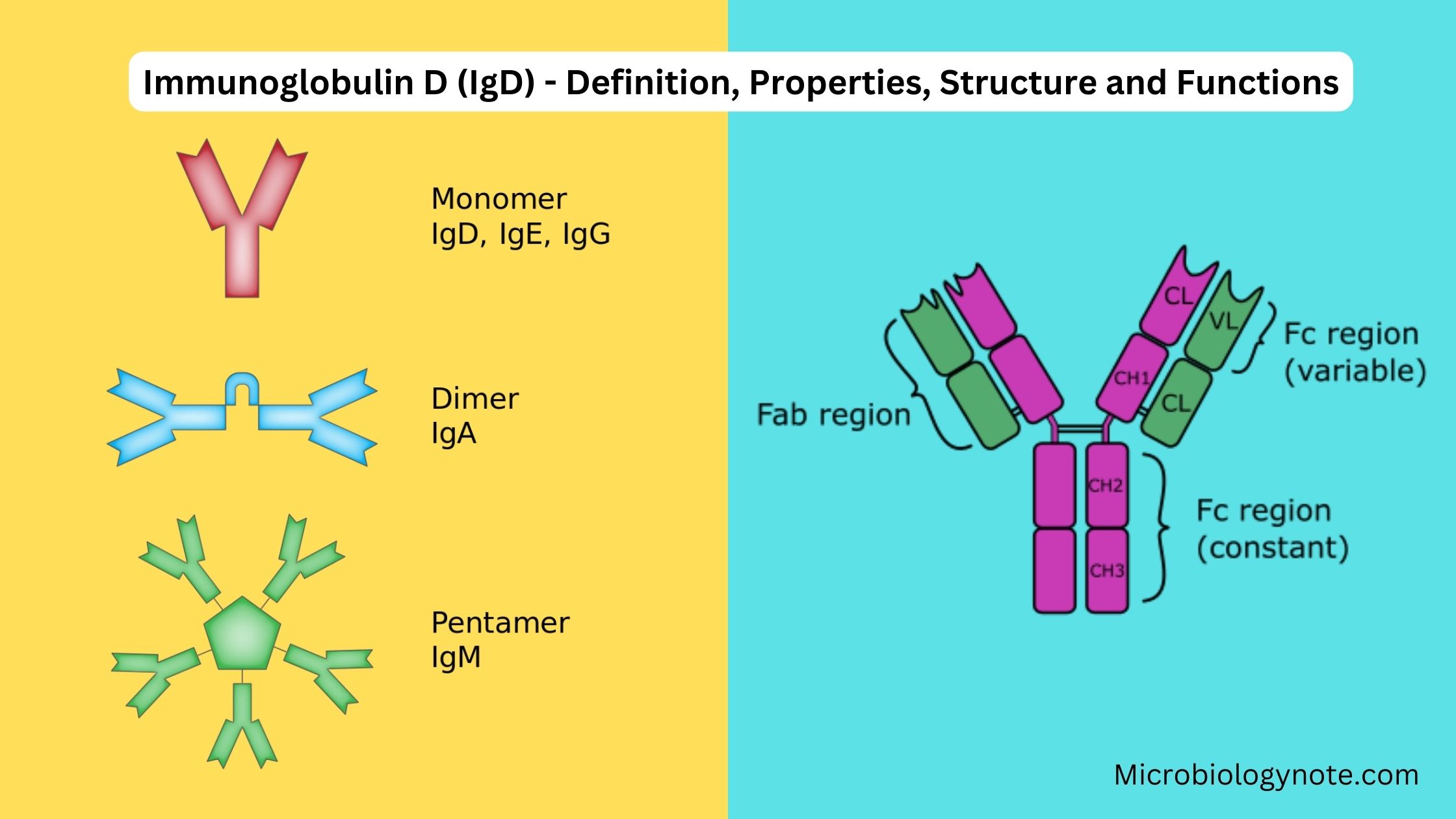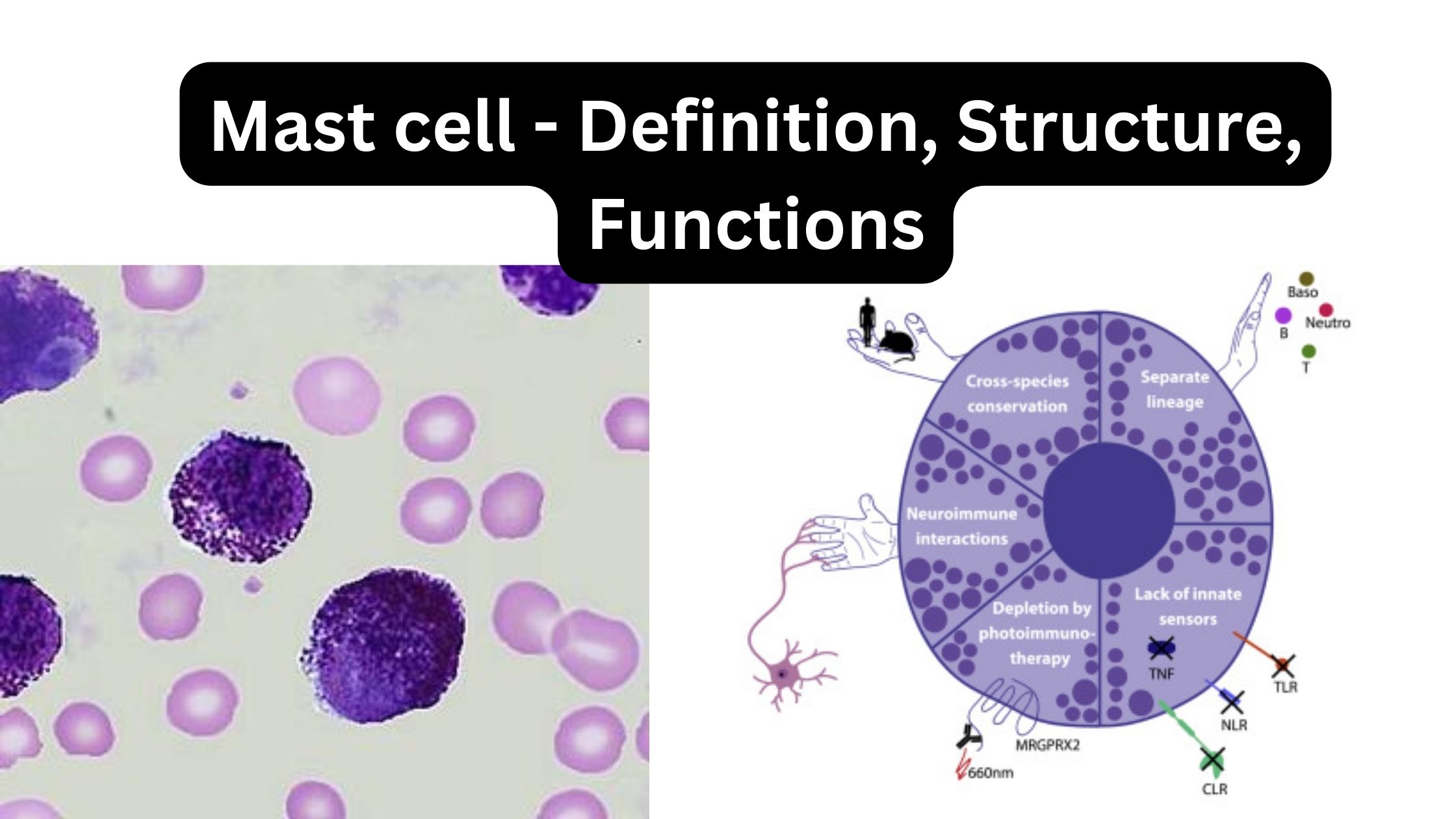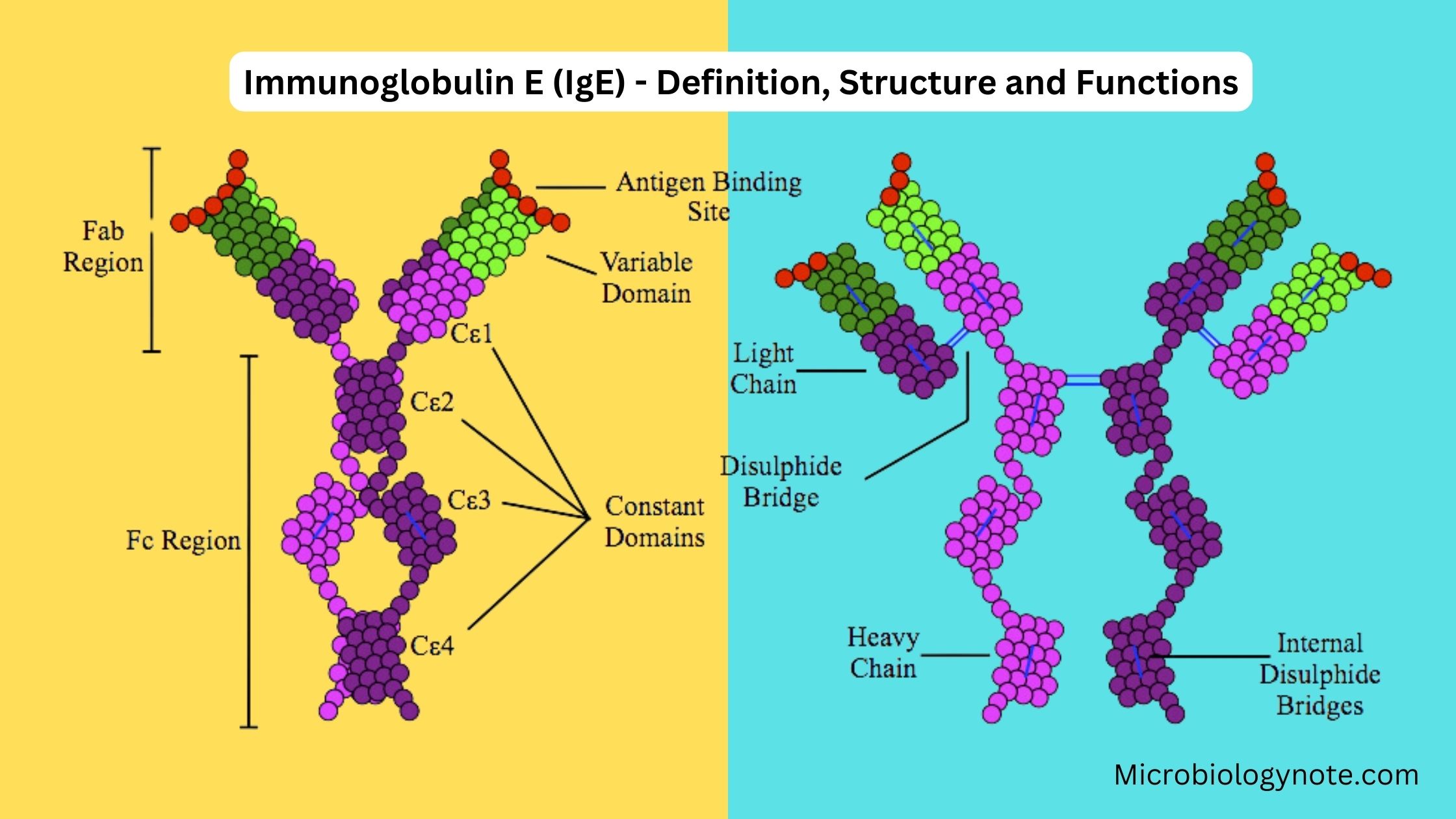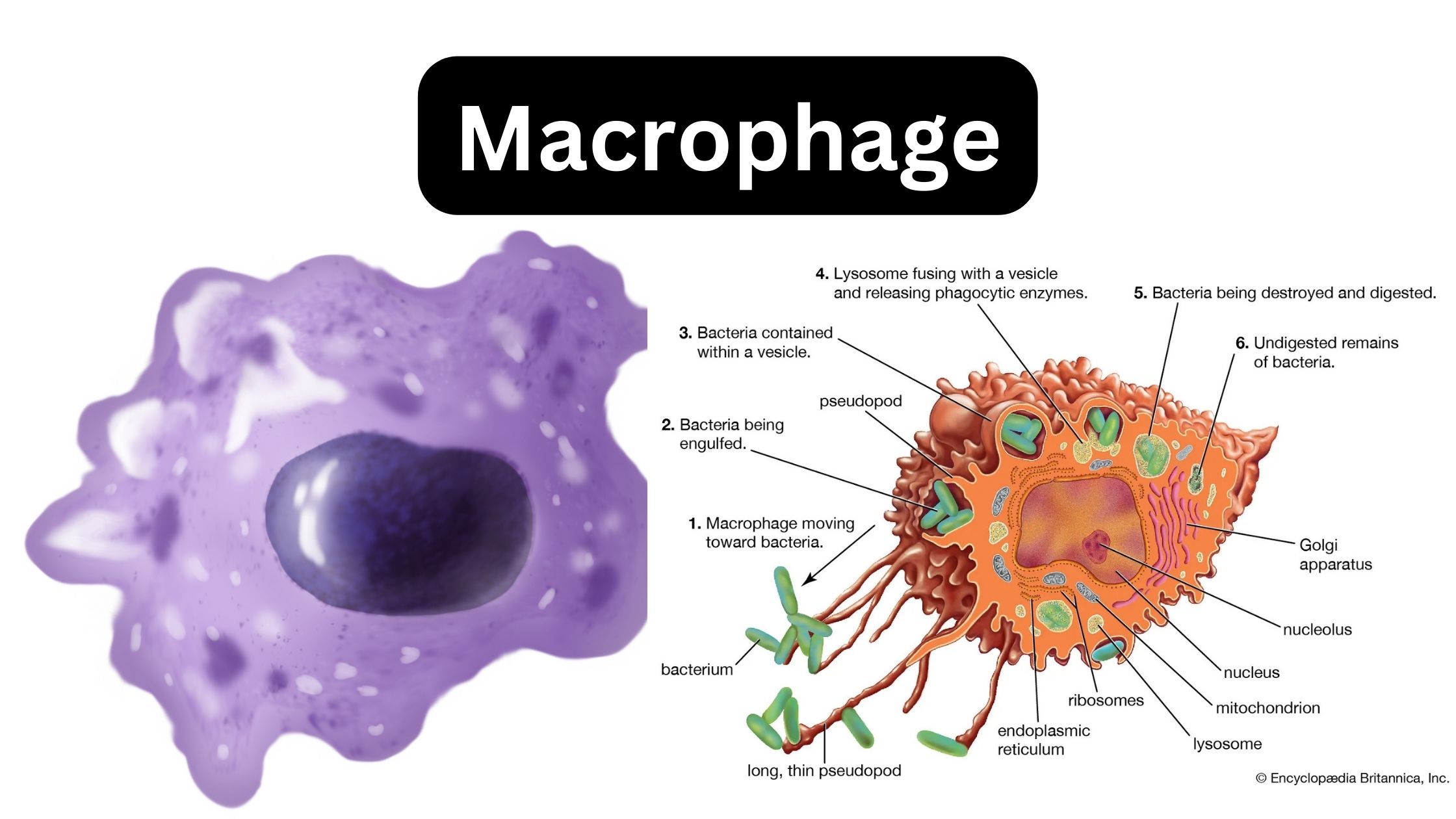Active Immunization – Definition, Mechanism, Advantages, Disadvantages, Examples
What is Active Immunization? Definition of Active Immunization Active immunization refers to the process of inducing immunity in an individual by administering a vaccine or exposing them to a specific pathogen, triggering an immune response and the development of lasting protection against future infections. Mechanism of Active Immunization Active immunization works by stimulating the immune … Read more

